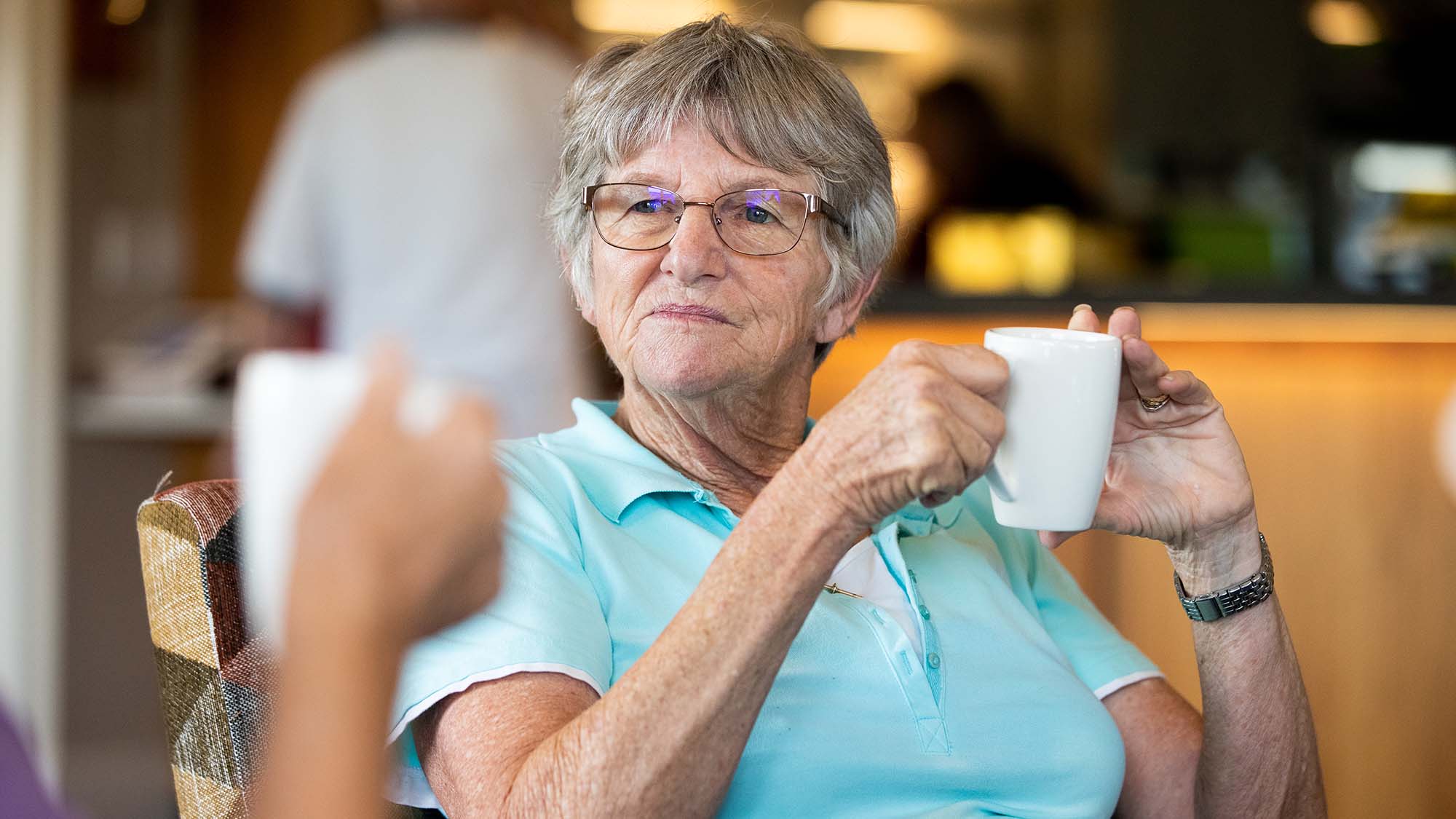
Concussion
Discover the facts about concussion after a fall – what it is, how to spot the signs and symptoms, and what to do about it.
Last updated 28 April 2025

Discover the facts about concussion after a fall – what it is, how to spot the signs and symptoms, and what to do about it.
Last updated 28 April 2025
If you fall and hit your head, you can get a concussion – a type of brain injury. You may not even be aware you have a concussion, but the consequences can be serious. It’s best to know how to recognise the symptoms, get yourself checked, and give yourself the best chance for recovery.
Concussion is a Traumatic Brain Injury (TBI), often caused by a fall. You don’t have to be knocked out or even hit on the head directly to experience a concussion, but the consequences can be serious and long term.
Falls are the leading cause of concussion in older adults. If you, or someone you care for, has a fall or a blow to the head, a doctor should check for signs and symptoms of a concussion as early as possible.
Older adults who suffer a concussion have a greater risk of cognitive decline. As you age, recovery often takes longer, and the consequences can be worse.
Older adults who are frail, have been diagnosed with dementia, cancer, or use medicines that reduce the chance of blood clotting, are most at risk of a poor recovery. Getting medical care early is essential, a lot of older adults recover completely from a concussion.
Concussion symptoms are not always obvious and can be wide-ranging. Talk to your doctor if you, or somebody you care for, are experiencing any of the following:
If you’ve had a fall or bump and suspect you may have a concussion:
Make sure you are fully recovered before you return to your normal daily life. Follow the rest, recover, and return guidelines:
There are plenty of things you can do to reduce your risk of falls, and a subsequent concussion:
Regular exercise can reduce your risk of falls and bumps, by helping you build your muscle strength and improve your balance to keep you steadier on your feet.
Local strength and balance classes are a great way to build your strength, meet new people in your community, and have fun.
Find a strength and balance class near you
A few adjustments in and around your home can help to make your home safer and reduce your risk of falling. Check out our home safety checklist for more advice.
For more information on recognising, treating, and recovering from concussion: